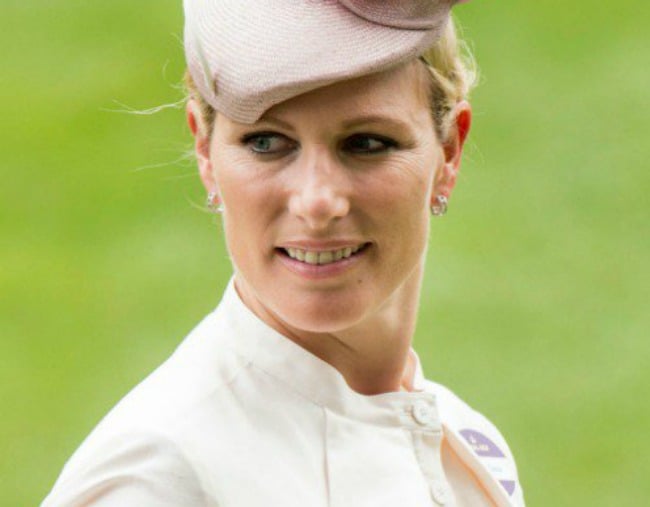
– With AAP
1. Zara Tindall reveals that she suffered a second miscarriage before daughter Lena was born.
Zara Tindall has revealed she suffered a second miscarriage before the birth of her daughter Lena in June.
The Queen’s granddaughter has previously spoken about losing her pregnancy in December 2016, a few weeks after she and her husband Mike Tindall had shared the news they were expecting.
The 37-year-old has now told The Sunday Times she suffered a second miscarriage “really early on” before she fell pregnant with her daughter Lena late last year. Lena is the Tindalls’ second child. Their eldest daughter Mia was born in January 2014.
Both losses were hard on Princess Anne’s daughter, but the first one she had to go through with the public’s knowledge.
“We had to tell everyone and it’s like, everyone knows — that’s the hardest bit,” she told the UK newspaper.
“That’s why I think a lot of people don’t talk about it because [a miscarriage] can happen early enough or it’s only your group of friends and your family that know.”
She also shared that because her pregnancy was “so far along” she had to deliver her baby through labour for her body’s sake.
The loss she later suffered in 2017 she mourned without the support of the thousands who had sent her messages in 2016.
“I think a lot of the time you’re lucky if it happens a lot earlier,” she said.
“Because it’s so personal to each family and every case is different, you can never compare what’s happened or the feelings that people have gone through or the trauma. Every case is different, so I think it’s something that people don’t think you want to talk about.”


Top Comments
The last article: As a teacher and a parent of teens, I firmly believe that a part-time job can help bridge the gap between education and real-world working conditions. The sooner teens can get work in reputable, reliable places of employment, the better.
I played a lot of high level sport as a teenager. Consequently I couldn't get a job (not complaining, I realise this was a choice).
I definitely would have been better prepared if i had a part time job as a teenager. Took me several years to get used to it.
Would have missed out on some other great sporting experiences of course.
Yes its a tough one when there is a high level of sports commitment. It can be a huge shock if there is no stepping stone into the work force.
100% agree!!! I can from a wealthy middle class family, but we were expected to have a part time job by 15!! It absolutely helps you secure work in the future as it demonstrates you are willing to work.
Agreed. I don't think socio-economics should be a factor in preparing children for their working adult life. Good on your parents!